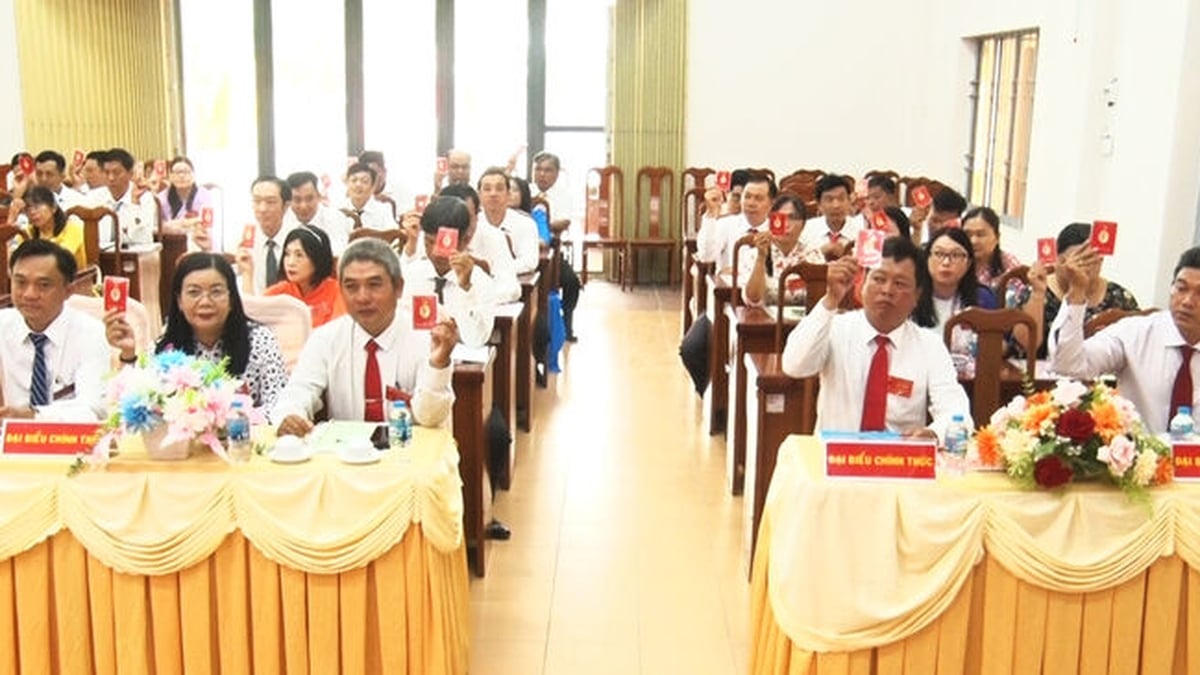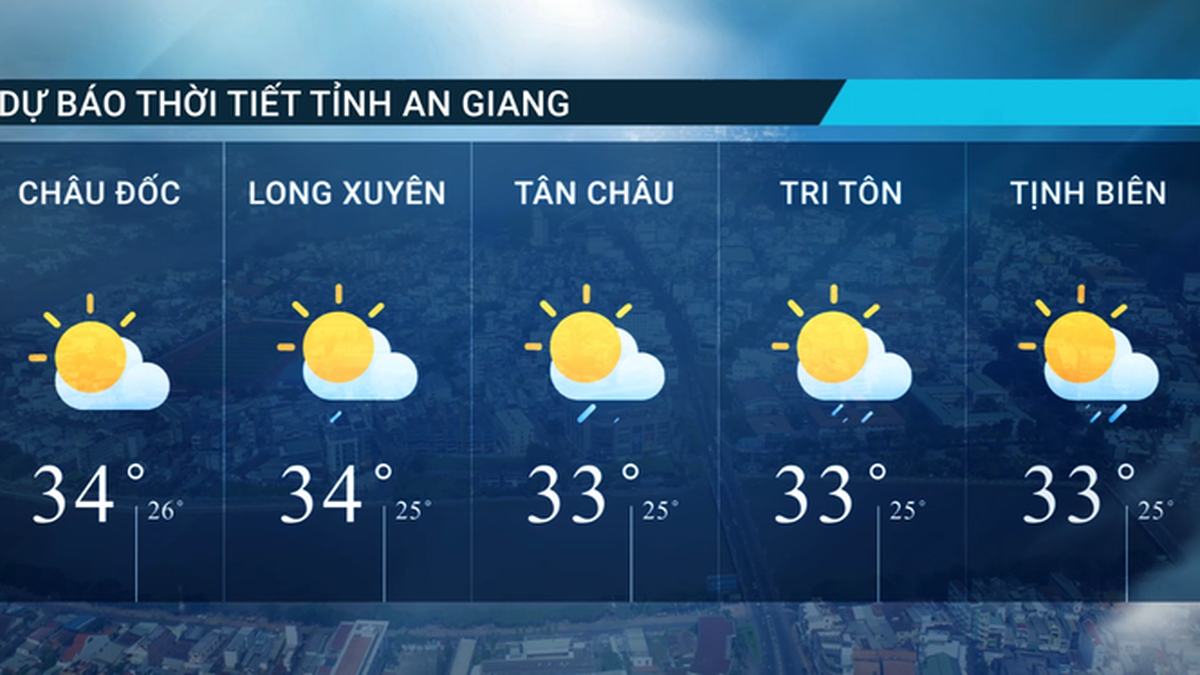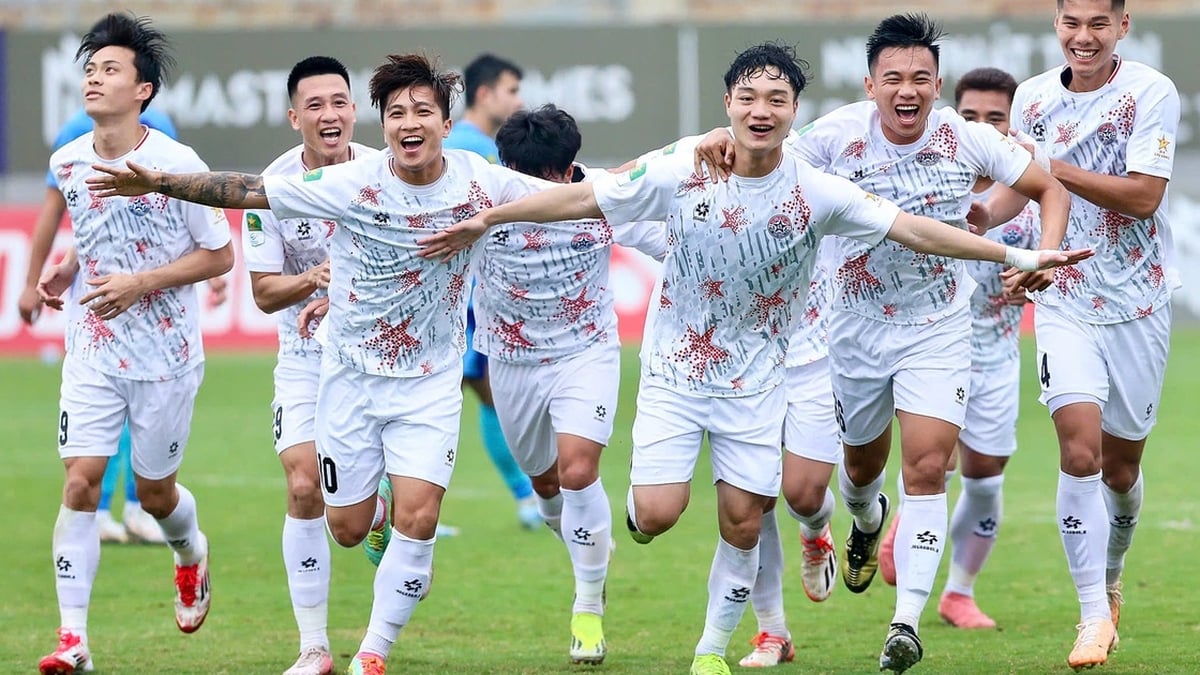In 1938, only 27,000 colonial troops controlled at least 18 million Vietnamese. Yet less than 16 years later, colonial forces totaling 450,000 were still unable to avoid a tactical defeat at Dien Bien Phu and a forced strategic evacuation south of the 17th parallel. Finally, between 1965 and 1975, the diverse coalition forces of the United States, the Republic of Vietnam, South Korea, and other allied forces totaling 1.2 million men were overwhelmed, stalemate, and defeated by the People's Army of Vietnam and the National Liberation Front of South Vietnam. Why?

Author David G. Marr in the book “Vietnamese Tradition Through Challenges 1920 - 1945” said that there were many explanations given for this sudden change in the potential of both sides, however “no one can explain how, just a few years later, hundreds of thousands of Vietnamese who seemed to be obedient subjects of French colonialism became experienced political cadres, soldiers, teachers, teaching popular education, experts in epidemic prevention and sanitation or soil cultivation - all eagerly repelling foreign invaders and building an independent, strong and equal nation”.
According to the author, patriotism and angry reactions to oppression may have provided the emotional foundation, but neither of these factors could tell the Vietnamese how, when, and where to act. And his book “Vietnamese Traditions Through Challenges 1920 - 1945” delves into the intellectual history of Vietnam in the period before the August Revolution, because he believes that “it is impossible to understand the August Revolution or the Dien Bien Phu event without looking back at previous changes in social structure and intellectual outlook.”
Over 600 pages long, except for the introduction and conclusion, each remaining part of the book has a theme such as “Moral Education ”, “Language and Literacy”, “Ethics and Politics”, “Women’s Issues”, “Perceptions of the Past”, “Reconciliation and Struggle”, “The Power of Knowledge”, “Learning from Experience” and all are linked to a specific historical context. Then, the book builds a picture of the period from the trial of Phan Boi Chau, the funeral of Phan Chau Trinh until before the August Revolution, where in the early 1920s, young Vietnamese intellectuals competed to seek knowledge, considering it a sharp, invincible weapon to regain independence and freedom. But in the years that followed, many intellectuals gradually realized that knowledge is not simply a "golden key", it can promote or hinder change, can bring about positive or unexpected consequences, useful or useless. What needs to be done is to skillfully combine ends and means, strategies and circumstances, conscious formulas and spontaneous actions.
The book shows readers that, despite obvious historical differences, we can probably all learn something from Vietnamese intellectuals half a century ago. “It is this quest that gives our story an importance that goes beyond that period, even beyond Vietnam,” the author asserts.
David G. Marr is one of the most famous Western historians studying Vietnam. He has many elaborate research works on modern Vietnamese history, including famous works such as "Vietnamese Anticolonialism, 1885 - 1925" and "Vietnam 1945: The Quest for Power".
The book "Vietnamese Traditions Through Challenges 1920 - 1945" is jointly published by Nha Nam and The Gioi Publishing House.
Source: https://hanoimoi.vn/truyen-thong-viet-nam-qua-thu-thach-1920-1945-696633.html


































































































Comment (0)